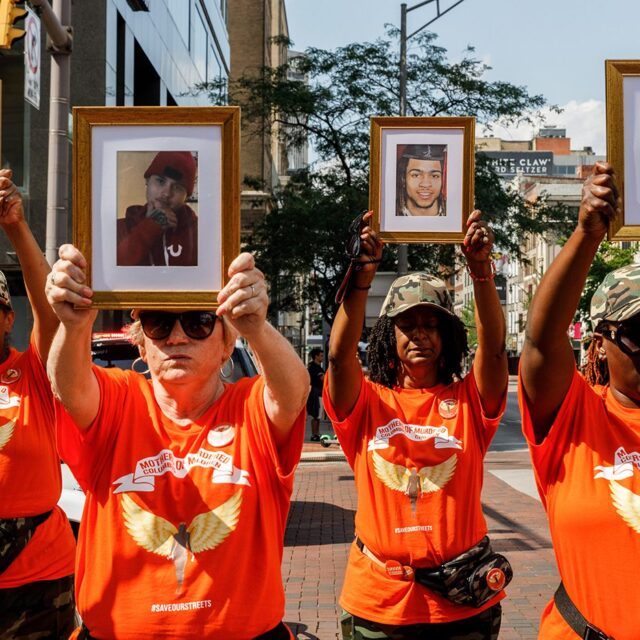With more high-profile hate crimes grabbing the national spotlight in recent months, why are such crimes still underreported and undercounted?
The answer is complicated. There are a number of problems collecting data on hate crimes, particularly when it comes to more high-profile incidents, says Jack McDevitt, director of the Institute on Race and Justice at Northeastern. In the 1980s and ’90s, police departments were far more reluctant to classify certain crimes as hate crimes, fearing that it would paint the community as hateful, or as harboring hateful people, he says.
Those concerns still exist today, McDevitt argues, noting that hate crimes have a “severe and profound impact” on the affected communities, in particular communities of color and immigrant communities. Take the Atlanta-area spa shootings, for example, involving the deaths of six Asian women, which generated an outpouring of solidarity for the Asian community and a movement against anti-Asian racism around the country. Such support reflects the deep trauma associated with hate crimes, McDevitt says.
But, even amid apparently clear examples of bias-motivated crimes in mass killings—which McDevitt says may be on the rise—there is still reluctance on the part of authorities to label such incidents as hate crimes and to formally charge perpetrators, McDevitt says.
Also, many victims do not report their experiences to law enforcement for fear of persecution or reprisal, says Carlos Cuevas, a professor of criminology and criminal justice who co-directs the Violence and Justice Research Lab at Northeastern.
The data collection problems plaguing experts in the field have spurred further efforts to get more information. Cuevas says he and a team of researchers are currently conducting a survey focused primarily on Latinx people, to examine whether they were ever a victim of hate or bias-motivated aggression. This will enable the researchers to get a sense of the frequency of such crimes—and the degree to which they are underreported.
Read the full story on Northeastern News.





